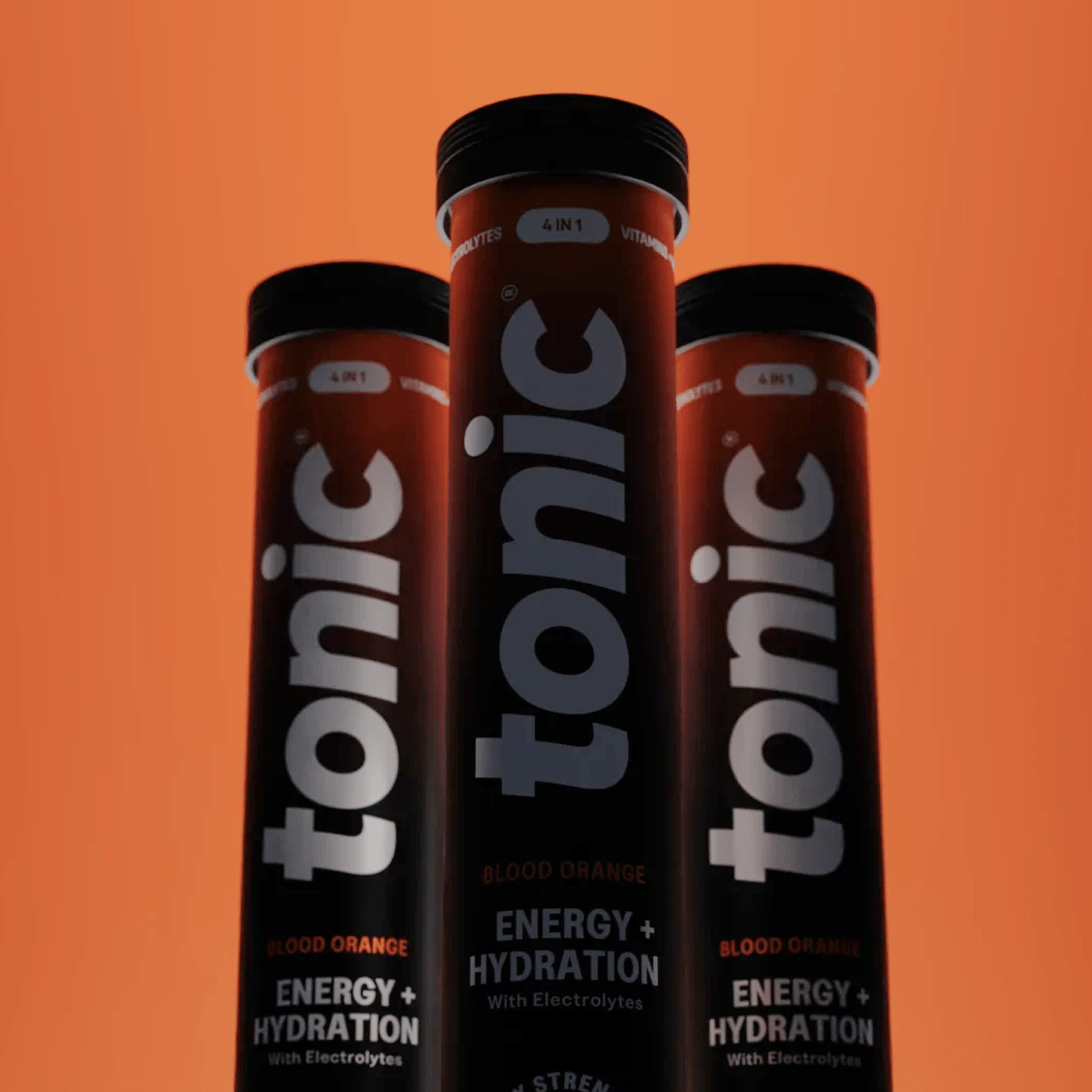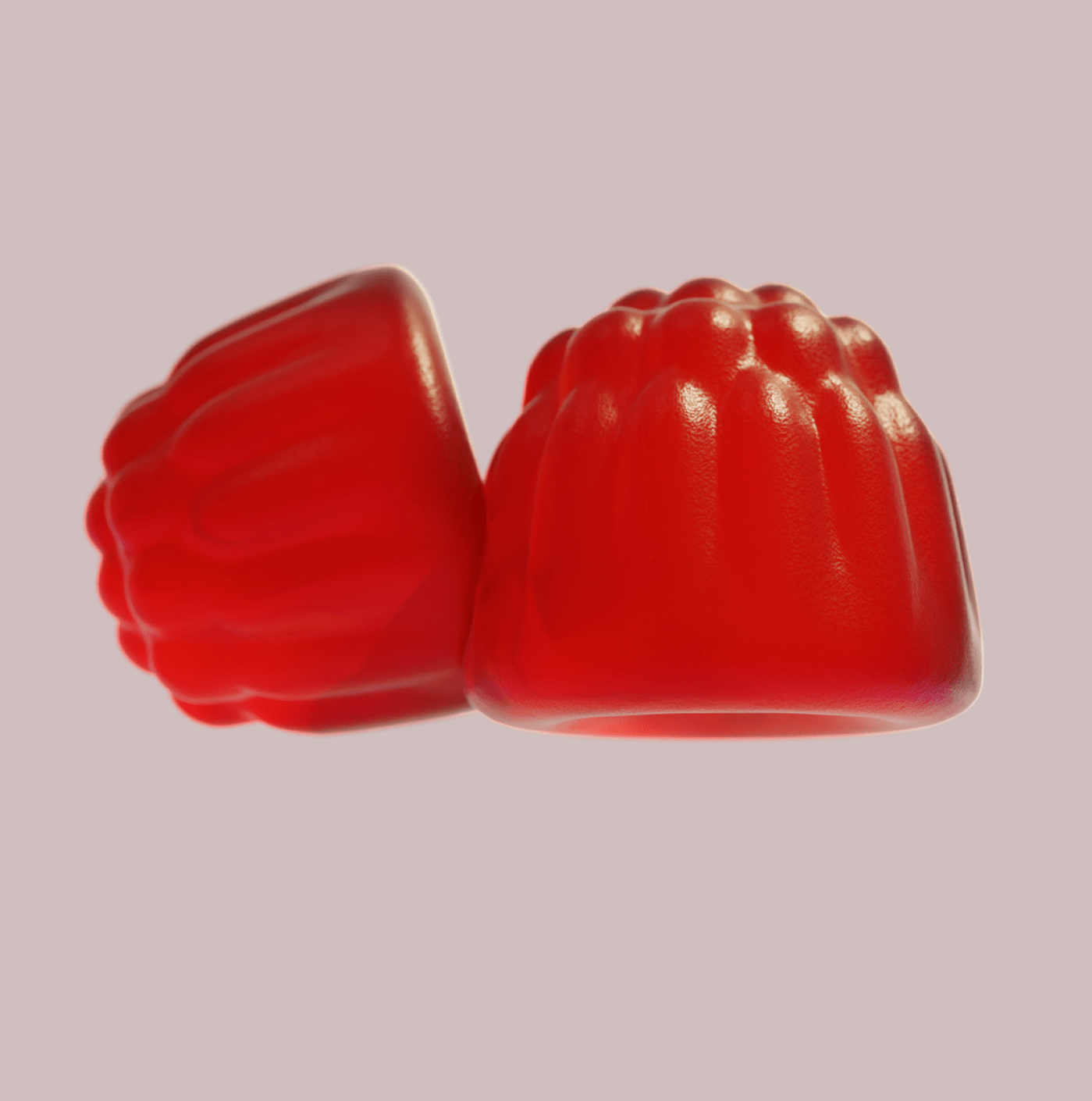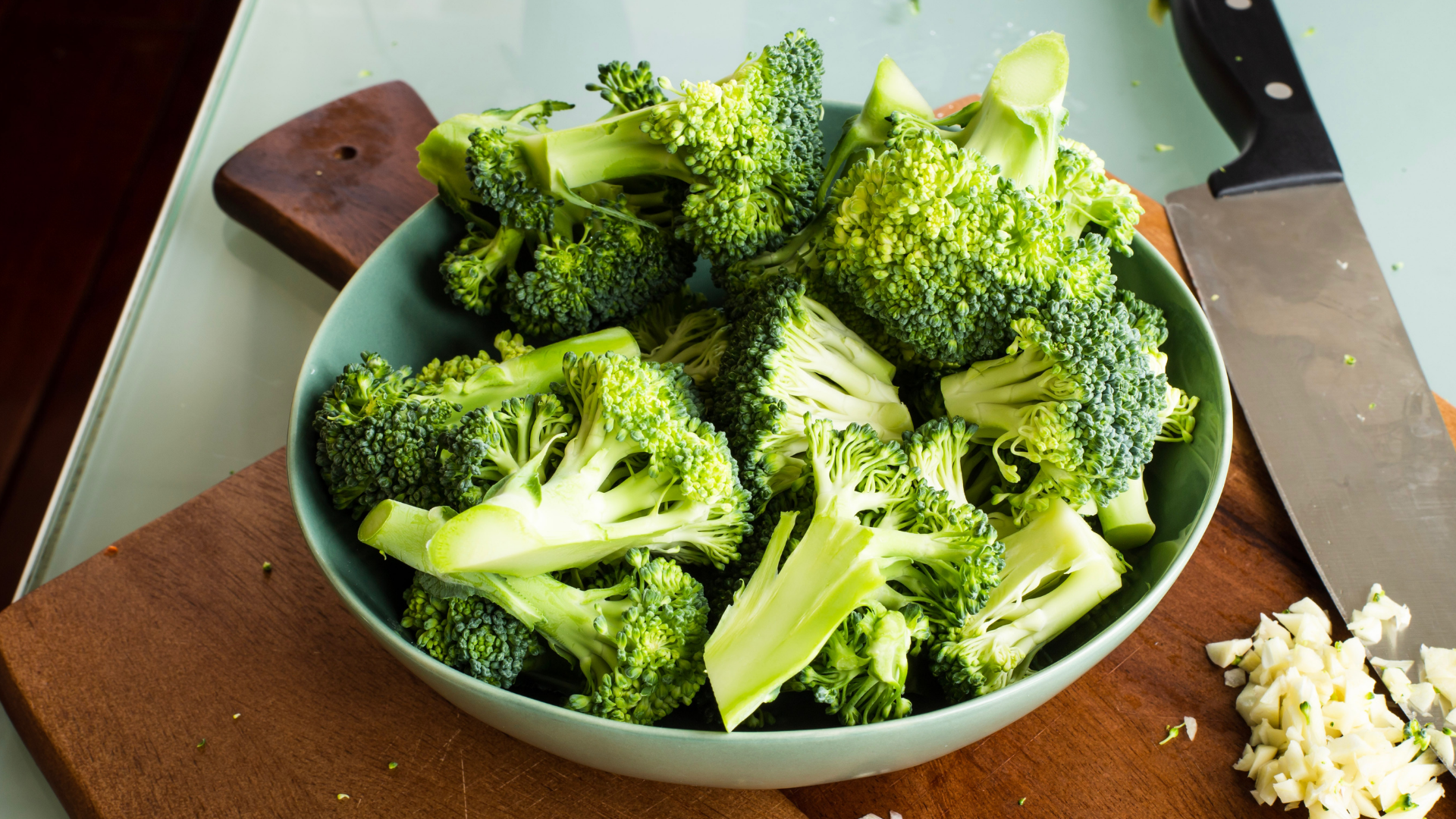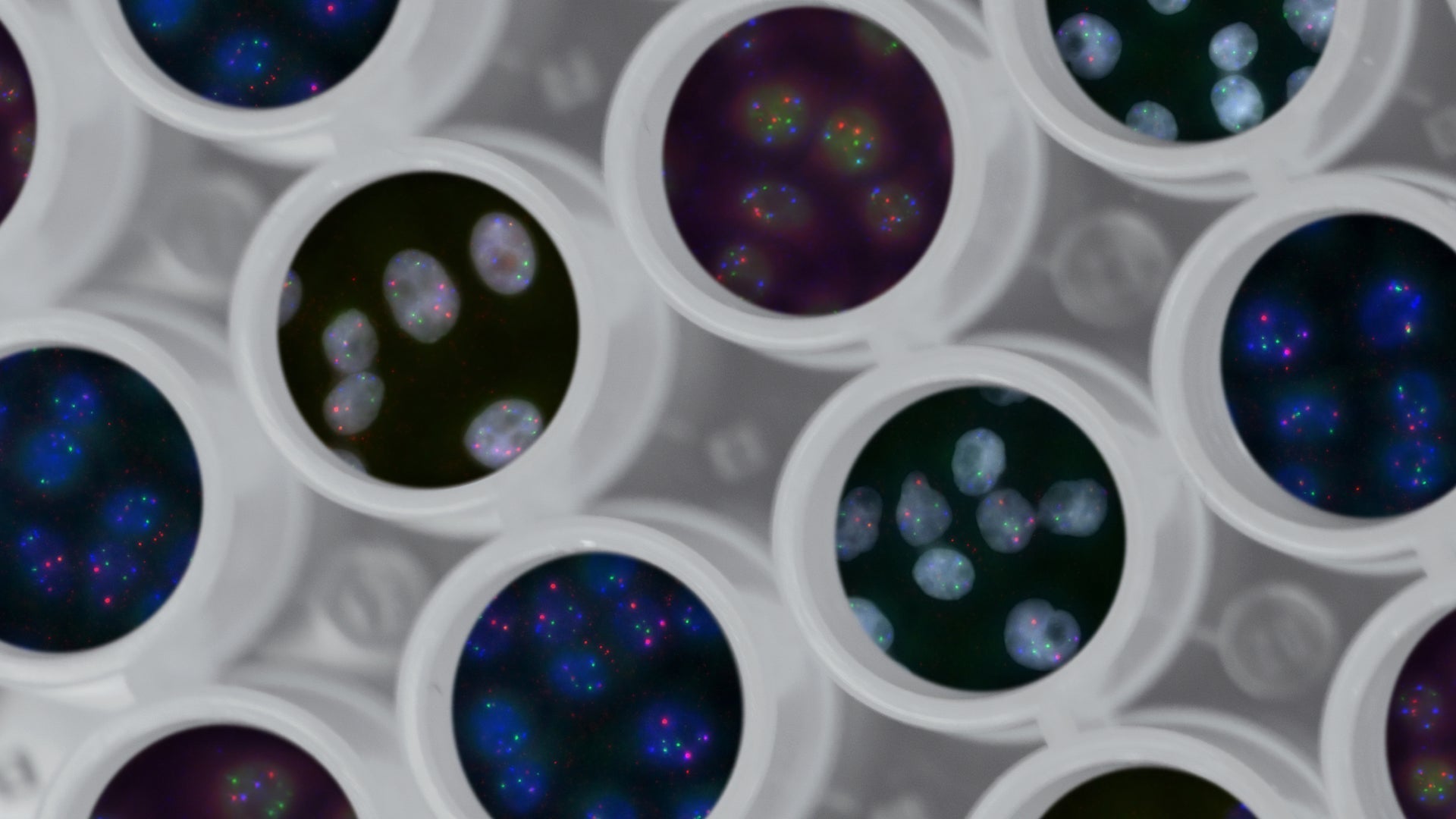Although 71% of our planet is covered in water, only 3% of that water is freshwater and only 0.5% of that is available for drinking; the remaining 2.5% is locked in ice caps, glaciers, the atmosphere, or under the earth’s surface, or is too polluted for consumption. The number of people on Earth is constantly increasing, but the water supply isn’t, which makes it a finite (and precious!) resource. Using water as sustainably as possible is crucial to ensure that there is enough water for both current and future generations of people on Earth.
In the UK, the average person uses 142 litres a day, every day. That’s 51’830 litres of water per year. According to Waterwise, 85% of people don’t know how much we use per day on average. If they make a guess, they generally estimate between 50 and 100 litres per day – well below the actual figure. Being aware of how much water you use (and waste!) is one thing, but if you’re looking to reduce your water usage, here are 7 simple ways to save water.
- The easiest of all: turn off the tap! Whether you’re washing or rinsing dishes, brushing your teeth, shaving, washing your hands or face…. you do not need the tap running the entire time. In fact, a running tap can waste more than 6 litres of water per minute! So turn it off wherever possible, and don’t forget to use cold water unless it really needs to be hot.
- Repurpose water! If you’re rinsing fruits and vegetables, why not wash them in a bowl of water and use it to water your plants or garden when you’re done?
- Be prepared: Rather than turning the tap on and letting it run while you wait for the water to be cold, keep a pitcher of water in the refrigerator. You’ll get a refreshing glass of water without the waste.
- Make the right choice: Using the dishwasher or washing machine is generally more sustainable than hand washing, as these appliances are more efficient in their water use. But remember to only run full loads, and run the shortest/most ‘eco-friendly’ cycle and use water that is 30 degrees or less wherever possible.
- Think before you drink: When making a cup of tea or coffee, work out how much water you need and only fill the kettle with that amount; there’s no point heating up more water than you need!
- Go shopping (just not on the high street)! According to WWF, it takes a shocking 20’000 litres of water to produce 1kg of cotton, which is about enough to make 1 cotton t-shirt and 1 pair of cotton trousers. Buying clothes first-hand from stores on the high street means you’ll be indirectly responsible for a lot of water use (not to mention the poor wages received by many workers in the fast-fashion industry). Second-hand clothes are a great way to get your retail therapy fix AND get more life out of items.
- Watch what you eat! Many people adopt a vegetarian or vegan diet for environmental reasons, because the production of meat is a highly water-intensive process. Beef is the worst offender, requiring around 16’000 litres of water for each kilogram of beef. According to EcoWatch, the water needed for around 10 burgers is the same amount of water needed for an entire year’s worth of showers for one person! If you’re looking to make a low-impact swap, kidney beans need just a tenth of the water that beef needs, according to a Loma Linda University study. Even if you aren’t ready to go vegan just yet, removing animal products from your diet can save far more water than taking shorter showers, so why not try starting off with small swaps? You could drink non-dairy milk rather than cow’s milk or try tofu or seitan in a curry, for example. Why not check out the recipes we put together when Tonic was doing Veganuary? Not only were they delicious, but they were also a great way to get your veggies (and your vitamins!).
Sources:
https://energysavingtrust.org.uk/simple-ways-to-save-water-at-home/
https://www.greenmatters.com/p/how-to-save-water-at-home
https://www.ofwat.gov.uk/households/conservingwater/watersavingtips/
https://schooledbyscience.com/conserve-water-at-home/
https://www.ecowatch.com/diet-climate-change-2435942459.html
https://www.thebalancesmb.com/conservation-efforts-why-should-we-save-water-3157877







Leave a comment
All comments are moderated before being published.
This site is protected by hCaptcha and the hCaptcha Privacy Policy and Terms of Service apply.